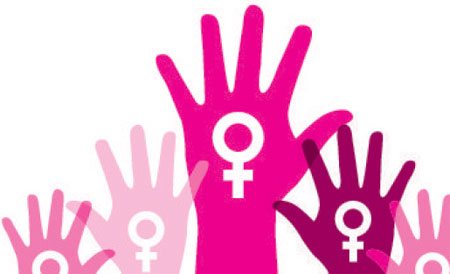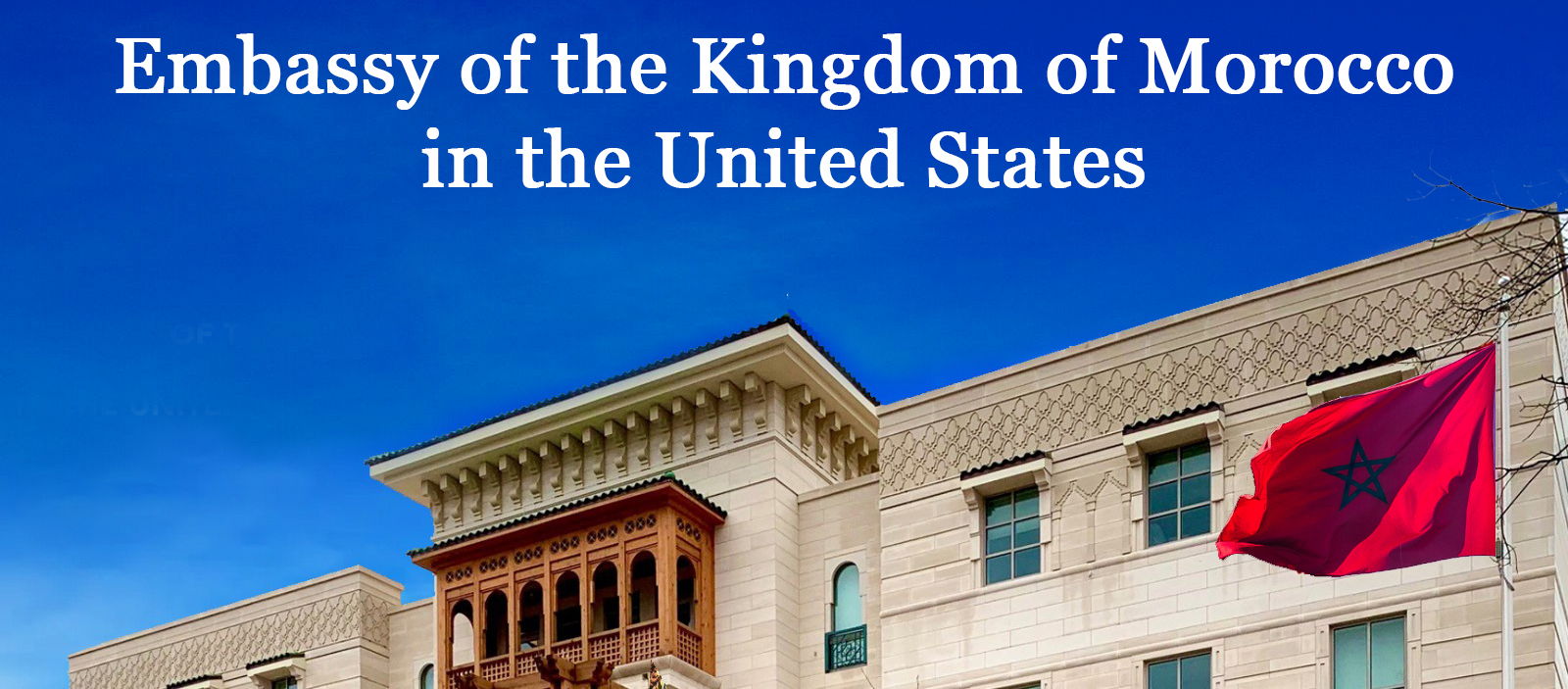- Home
- Embassy
- About Morocco
-
Morocco-US Relationship
Morocco-US Relationship
- Visit Morocco
- Consular Services
- Press & media
- Contact Us
Empowering Women: Progress and Initiatives

According to the annual report of the Haut Commissariat au Plan (HCP), an independent government statistical institution, women accounted for just over half of the country's population (around 50.2%) by 2022.
Morocco has made notable progress in advancing the status and rights of women in recent years. The 2011 Constitution guarantees equal protection and enjoyment of its laws for both men and women. Several initiatives and reforms have contributed to positive changes:
Legal Reforms: Morocco has implemented legal reforms to enhance women's rights. Amendments to the Family Code (Moudawana) in 2004 raised the minimum age of marriage, granted women more rights in divorce, and strengthened child custody provisions. Twenty years after its adoption, a collective and collegial revision of the Family Code is underway.
Education Opportunities: Efforts to promote education for girls have increased, leading to improved literacy rates among women. Educational initiatives aim to reduce gender disparities and provide equal opportunities for girls in schools and universities. According to the HCP, the proportion of women graduating from master's and doctorate programs in higher education has also risen from 38.8% in 2012 to 48.3% in 2022.
Workforce Participation: There has been a growing emphasis on promoting women's participation in the workforce. Government and non-governmental organizations have worked to break down barriers and create more opportunities for women in various professions. The promotion of women's rights has been the core of the national initiative for human development (INDH), which focuses mainly on fields such as entrepreneurship. The achievements of the initiative include the support of women-owned businesses, especially in rural areas.
Political Representation: Morocco has taken steps to enhance women's political participation. Quotas have been established to ensure a minimum representation of women in elected bodies, contributing to a more inclusive political landscape. There has also been a significant increase in the proportion of elected positions held by women. For example, the number of seats held by women increased in the House of Representatives (67 in 2011 to 96 in 2021) and in the House of Councilors (6 in 2011 to 15 in 2021), and the proportion of women elected to regional councils has risen from 2.21% in 2009 to 38.5% in 2021, and to prefecture and province councils from 2.25 in 2009 to 35.6% in 2021.
Awareness and Advocacy: Civil society organizations and women's rights activists play a crucial role in raising awareness about gender equality issues. Advocacy efforts contribute to changing societal perceptions and challenging traditional gender norms.
Healthcare Access: Life expectancy for Moroccan women reached 78.6 years in 2022. Improved access to healthcare services, including reproductive health, has positively impacted women's well-being. Efforts have been made to address maternal mortality rates and promote overall women's health.
Progressive efforts have been made to build on the advancement of empowering women and fostering a more equitable and inclusive society. The ongoing collaboration between the government, civil society, and the private sector is crucial for sustaining and expanding these positive developments.
Embassy of the Kingdom of Morocco in Washington DC
+1 (202) 462-79793508 International Dr NW, Washington, DC 20008
Consulate Section in Washington DC
+1 (202) 499-10501211 Connecticut Ave NW #312, Washington, DC 20036
Consulate General in New York
+1 (212) 758-262555 Broadway, New York, NY 10006

 Menu
Menu